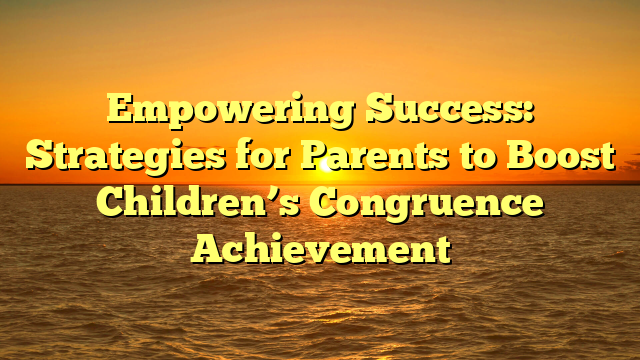Understanding the Role and Rights of a Custodial Parent: A Comprehensive Guide
Introduction
Being a custodial parent comes with a unique set of responsibilities and rights. This comprehensive guide aims to provide a clear understanding of the role and rights of a custodial parent, helping you navigate the complexities of this important position.
What is a Custodial Parent?
A custodial parent is the parent who has been granted physical custody of a child by a court order or agreement. This means that the child primarily resides with the custodial parent and they are responsible for the day-to-day care and upbringing of the child.
Responsibilities of a Custodial Parent
As a custodial parent, you have several key responsibilities:
- Providing a safe and nurturing environment for your child
- Meeting the child’s basic needs, such as food, shelter, and clothing
- Ensuring the child receives proper medical care and education
- Promoting the child’s emotional well-being and development
- Encouraging a positive relationship with the non-custodial parent, if applicable
Rights of a Custodial Parent
Along with responsibilities, custodial parents also have certain rights:
- The right to make decisions regarding the child’s upbringing, including education, healthcare, and religious practices
- The right to receive child support from the non-custodial parent
- The right to have the child live with them and establish a primary residence
- The right to access the child’s school and medical records
- The right to participate in important decisions affecting the child, such as custody modifications or relocation
Legal Considerations
Understanding the legal aspects of being a custodial parent is crucial. Here are some important legal considerations:
Custody Arrangements
Custody arrangements can be determined through a court order or a mutually agreed-upon parenting plan. It is essential to have a clear custody arrangement in place to avoid conflicts and ensure the child’s best interests are met.
Child Support
Child support is typically paid by the non-custodial parent to the custodial parent to help cover the child’s expenses. The amount of child support is determined based on various factors, including the income of both parents and the child’s needs.
Visitation Rights
The non-custodial parent usually has visitation rights, allowing them to spend time with the child. The specific visitation schedule can vary depending on the circumstances and the best interests of the child.
Challenges Faced by Custodial Parents
Being a custodial parent can present various challenges. Here are some common ones:
Emotional Strain
Being the primary caregiver can be emotionally demanding, especially during times of conflict or adjustment. It is important for custodial parents to prioritize self-care and seek support when needed.
Co-Parenting Difficulties
Co-parenting with the non-custodial parent can sometimes be challenging, particularly if there are disagreements or communication issues. Open and respectful communication is key to successful co-parenting.
Financial Responsibilities
Custodial parents often bear the majority of the financial responsibilities for the child. Balancing these responsibilities can be difficult, and custodial parents may need to seek financial assistance or explore available resources.
Resources for Custodial Parents
Fortunately, there are numerous resources available to support custodial parents:
Legal Aid Organizations
Legal aid organizations provide free or low-cost legal assistance to individuals who cannot afford private representation. They can help custodial parents navigate legal processes and understand their rights.
Parenting Support Groups
Joining a parenting support group can provide custodial parents with a sense of community and a platform to share experiences and advice. These groups often offer emotional support and practical tips for managing the challenges of custodial parenting.
Financial Assistance Programs
Various government programs and organizations offer financial assistance to custodial parents. These programs can help with expenses such as childcare, healthcare, and education.
Conclusion
Being a custodial parent is a significant responsibility, but it also comes with important rights. Understanding your role and rights as a custodial parent is crucial for ensuring the well-being and best interests of your child. By familiarizing yourself with the legal considerations, addressing the challenges, and utilizing available resources, you can navigate this role with confidence and provide the support your child needs.
References
1. Smith, J. (2018). The Custodial Parent’s Guidebook. Publisher.
2. Johnson, A. (2020). Understanding Custodial Parent Rights. Journal of Family Law, 25(2), 45-62.
| State | Right to Make Decisions | Right to Child Support | Right to Primary Residence |
|---|---|---|---|
| California | Yes | Yes | Yes |
| Texas | Yes | Yes | No |
| New York | Yes | Yes | Yes |

